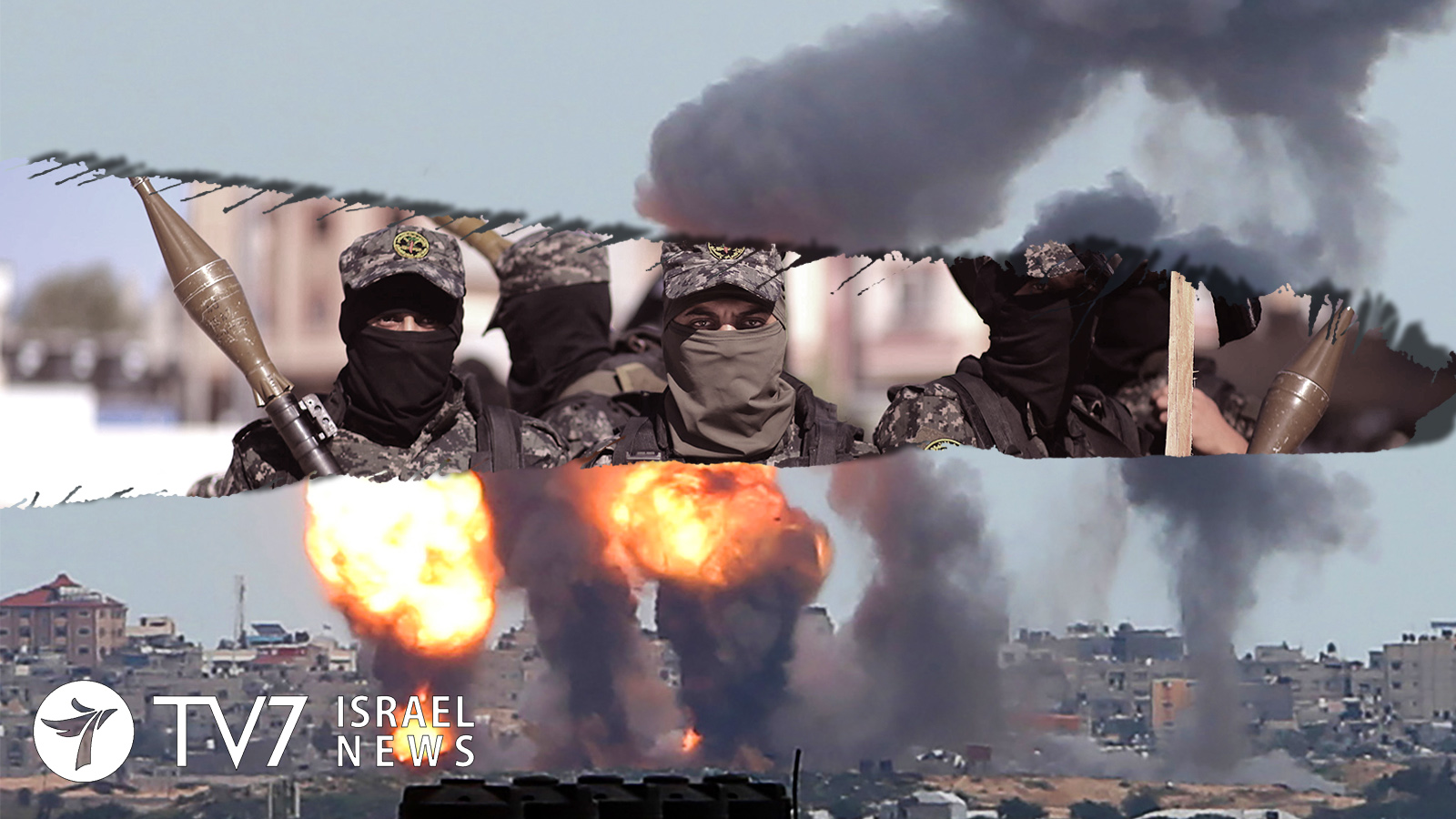A fragile truce between Israel and the Palestinian Islamic Jihad (PIJ) appears to be holding. Tenuous calm prevails in Israel’s southern communities today after two days of being bombarded y more than 100 rockets and mortar shells fired by the Iran-backed PIJ in Gaza.
The IDF retaliated with wide-scale strikes on militant installations in the Hamas-controlled Gaza Strip, as well as in Syria.
Israeli Prime Minister Benjamin Netanyahu held a security assessment with the country’s top defense officials at the peak height of hostilities last night. He later warned Jihadist groups in the coastal Palestinian enclave that the targeted assassinations of terrorist leaders would be resumed if the violence was not ended. “If calm is not restored; you are next.”
IDF Spokesperson Lt. Col. Jonathan Conricus underscored that the national defense forces are “ready, prepared and committed to continue to defend Israel and Israeli sovereignty if the Islamic Jihad or any other terrorist organization doesn’t stop attacking Israel.”
Following extensive negotiations behind the scenes via Egyptian and United Nations mediators, a PIJ spokesperson declared a ceasefire had been effected at 11:30 PM. While Jerusalem officials did not immediately confirm the development, the IDF Spokesperson’s Unit announced the gradual return of most routine activities in southern Israel. Educational facilities nevertheless remained closed today per instructions from the IDF Home Front Command, forcing 65,000 schoolchildren to remain home.
The Iron Dome Anti-Missile Defense System intercepted 90% of the incoming projectiles over the course of this week’s hostilities. Those that managed to strike populated areas moderately injured one man and lightly-injured fifteen people. “They want to destroy, and we build “They will not break our spirit, our spirit is strong,” said southern Israel resident, David Fenden, while standing among wreckage at a children’s playground in Sderot that had been hit by a Palestinian rocket.
Israel’s unprecedented third round parliamentary elections in less than a year will be held next Monday on 2 March. The security challenges predominantly impacting southern Israelis have triggered an influx of visiting-politicians who come bearing promises of so-called “winning formulas” to reintroduce peace to the volatile region. Blue and White Party Chairman Benny Gantz said his delegation came “to support the leaders and the people in the south that are under attack.” The former IDF Chief of Staff and Reserve Lt.-Gen. added that, “We cannot accept any more any kind of aggression whether it’s from Hamas or Jihad Islamic, Palestinian groups we don’t care.” Gantz, who is Prime Minister Netanyahu’s greatest political rival, then vowed to restore “deterrence in this area” once the Blue and White hopefully replaces Likud as the ruling party in the Israeli government next week.
While Gantz’ party won the highest number of mandates during the last round of balloting on September 17, the latest public opinion polls indicate a slight shift in favor of the Likud. Neither of the two parties are expected to win clear majorities, however; and pre-election political alliances make it increasingly difficult for either to end the persisting political deadlock.
